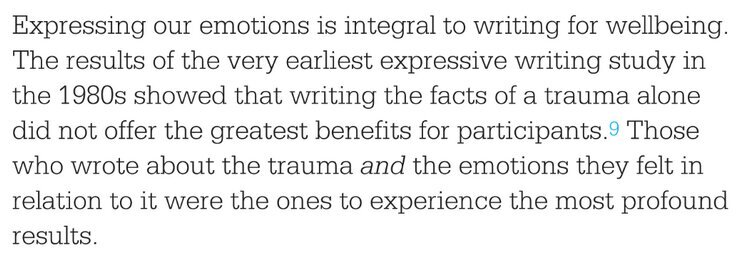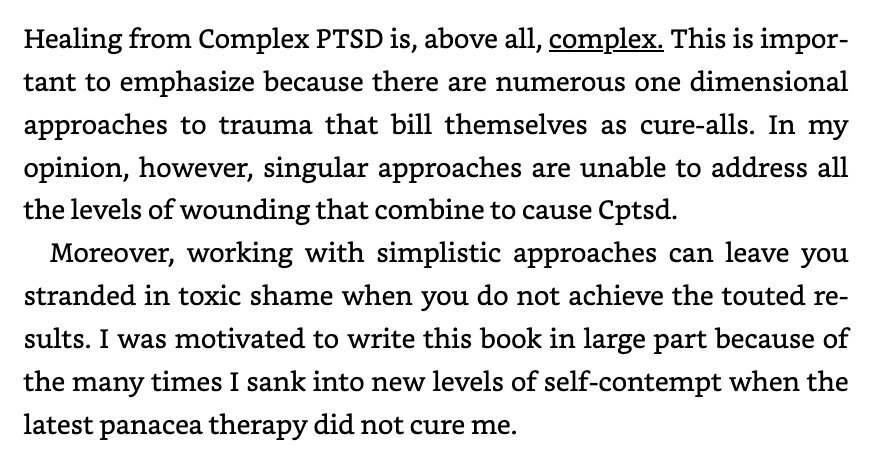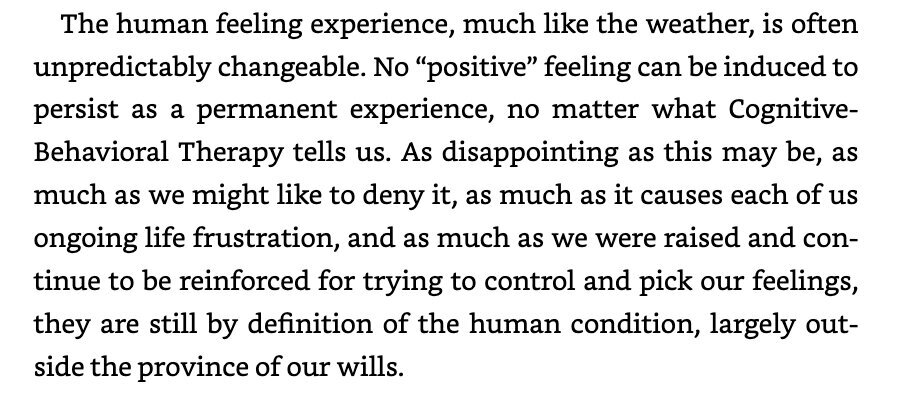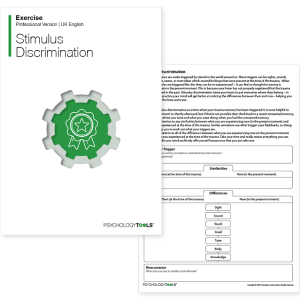“The body, not the thinking brain, is where we experience most of our pain, pleasure, and joy, and where we process most of what happens to us. It is also where we do most of our healing, including our emotional and psychological healing. And it is where we experience resilience and a sense of flow.”
― Resmaa Menakem, My Grandmother's Hands: Racialized Trauma and the Pathway to Mending Our Hearts and Bodies
― Resmaa Menakem, My Grandmother's Hands: Racialized Trauma and the Pathway to Mending Our Hearts and Bodies







